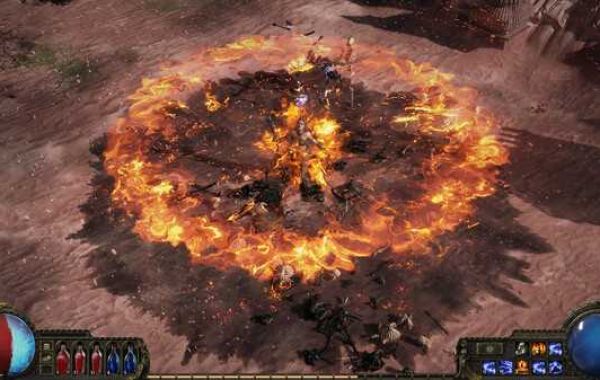At least 14 people have been killed in an attack in Borno State, marking the latest escalation in a wave of violence that continues to plague northeastern Nigeria.
This assault is part of a troubling surge in bombings, including a deadly roadside blast earlier in the week that killed 26 people. The Islamic State West Africa Province (ISWAP) claimed responsibility for that bombing, while the identity of the attackers behind the more recent assault remains unclear.

Newsweek reached out to Nigeria's Foreign Ministry for comment.
The Context
These attacks emphasize the ongoing instability in northeastern Nigeria, where extremist groups like Boko Haram and ISWAP continue to spread terror. The region has faced militant violence since 2009, with bombings, ambushes, and other attacks regularly targeting both civilians and security forces. The recent surge in violence highlights the growing challenge of addressing the insurgency, which shows no signs of abating.
What To Know

On Tuesday, at least 14 people were killed in a suspected terrorist attack in Borno State, adding to the growing toll of violence in northeastern Nigeria. While the attackers' identities remain unknown, the incident highlights the continuing threat posed by extremist groups in the region.
Roadside Bombing Kills 26
A roadside bombing on the route between Rann and Gamboru killed 26 people, including women and children, on Monday. ISWAP claimed responsibility for the attack, which authorities say may have been intended to target patrolling security forces. Militants often exploit poorly maintained or damaged roads to ambush both military personnel and civilians using improvised explosive devices.
In response to the growing unrest, Major General Abdulsalam Abubakar was appointed to lead operations in the northeast. He pledged that the military remains "committed to defeating the insurgency and restoring peace in the region.
MAJOR GENERAL ABUBAKAR TAKES OVER NORTHEAST OPERATION HADIN KAI

In a significant development, Major General Abdulsalam Abubakar has taken over as the 15th Theatre Commander of Operation HADIN KAI (OPHK), succeeding Major General Waidi Shaibu.
The handover ceremony took place at… pic.twitter.com/Qkpea1j0Xv
Who Are ISWAP?
The Islamic State West Africa Province (ISWAP) emerged in 2016 following a leadership split within Boko Haram, after the group pledged allegiance to ISIS. Disagreements over tactics-particularly the frequent targeting of civilians-led to the formation of ISWAP, which has maintained closer ties with the Islamic State.
While ISWAP claims to focus primarily on military and government targets, civilians have continued to suffer from its operations. The group has steadily grown in strength and territorial control across northeastern Nigeria, further intensifying the region's security crisis.
What People Are Saying
Major General Abdulsalam Abubakar, Commander of Military Operations, stated: "We are committed to defeating the insurgency and restoring peace in the region."
James Barnett, Hudson Institute Research Fellow, wrote: "ISWAP formed as a splinter of Boko Haram in 2016 and soon became the dominant jihadist faction in Nigeria. ISWAP appears to have multiple cells in central Nigeria."
What Happens Next
With Major General Abdulsalam Abubakar now at the helm of military operations, there is hope for a renewed push to combat the insurgency. However, as the conflict deepens, the need for sustained international support and strategic planning is more critical than ever to address the growing humanitarian crisis and halt the spread of violence.








